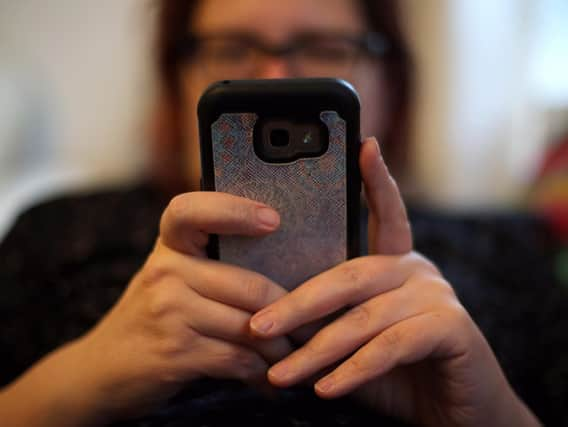Majority of Brits now say they prefer to shop on their mobile phone


About 70% of Britons say buying phones is their preference, up from less than half prior to the coronavirus pandemic, according to a study by personal finance startup Credit Karma.
The study, which has not been previously reported, surveyed 1,034 adults in the UK in July to gauge how digital spending and banking habits have changed since COVID-19 restrictions began.
Advertisement
Hide AdAdvertisement
Hide AdMore than half of respondents said their online shopping had increased since the pandemic's start, and of those, more than a third said their finances had taken a hit as a consequence.
"Healthy consumer spending, online or otherwise, is generally a sign of a healthy economy, which can be great for the market," said Ziad El Baba, general manager for UK and Canada at Credit Karma.
But "shopping online can make the act of purchasing an item much less tangible for shoppers, making it easier for them to spend more than they would if they were shopping in a traditional brick and mortar store," he added.
COVID restrictions have benefited various digital finance areas, such as buy now, pay later, which allow customers to split payments for even small purchases into installments, the survey showed. Around 60 per cent of respondents said they started using buy now, pay later services during or after the pandemic.
Advertisement
Hide AdAdvertisement
Hide AdOnline stock and crypto investing also saw growth, with more than half of respondents saying they started using these services during and after the pandemic.
While online and mobile banking take-up by Britons was already high prior to COVID-19 lockdowns, the pandemic may have accelerated the shift, with 8 per cent of respondents saying they prefer to bank in person at a branch since the restrictions began, down from 19 per cent before 2020.